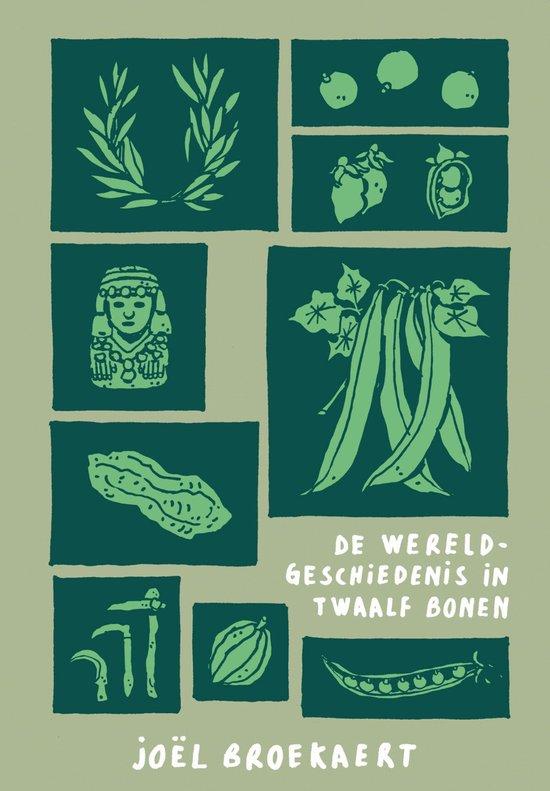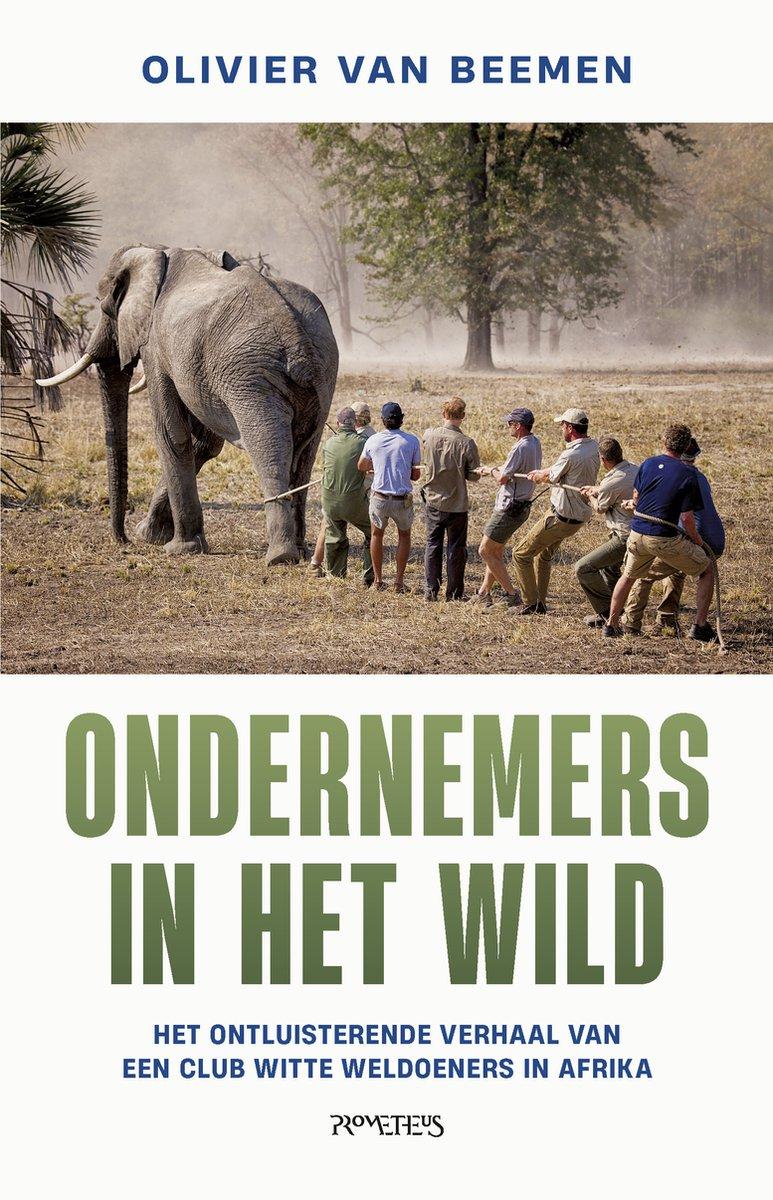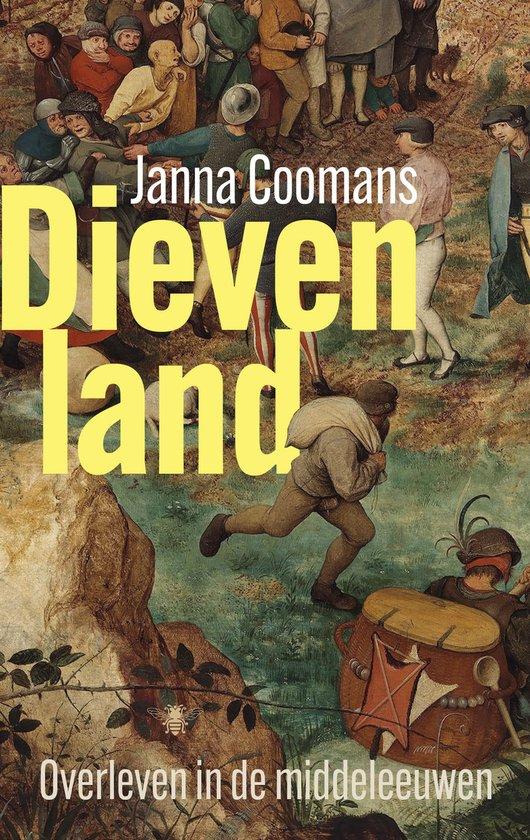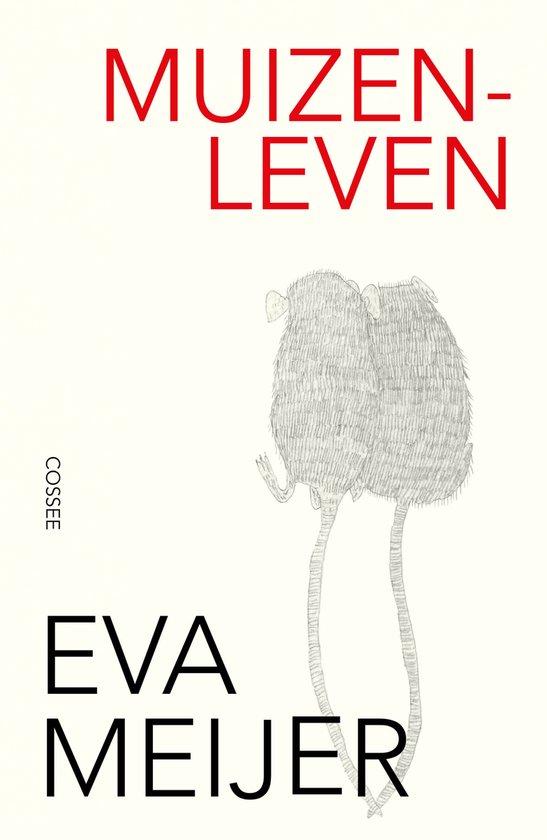A History of the World in Twelve Beans
On the role of beans in human history: from revolutions to modern genetics
Beans have never been sexy. Throughout history, they’ve always been seen as a poor person’s alternative to meat. And yet beans, apart from being incredibly nutritious and good for soil, have played a fundamental role in the human story. Culinary journalist Joël Broekaert brings us a playful world history, as told through twelve beans – or rather, ten plus two which we often consider beans but aren’t really: coffee and cacao.

The domestication of beans during the neolithic revolution was essential to our shift from huntergatherers to farmers. No surprise then that lentils feature prominently in the Old Testament. Fermented soy beans powered imperial China, just as fava beans enabled a population explosion in medieval Europe. Where Mendel’s experiments with peas laid the foundation for modern genetics, coffee beans turbocharged the French Revolution.
They are also connected with oppression and popular struggle: the common bean – and its many varieties (kidney, borlotti, green, white, etc.) – first made its way around the world after Colombus’ ‘discovery’ of the Americas, and cacao beans were a major driver of the transatlantic slave trade. In the United States, black-eyed peas emerged as a proud symbol of Black identity, while chickpeas remain a point of contention for identity politics in the Middle East. Above all, perhaps, beans are our future: in these times of climate crisis, legumes such as lupin beans hold the key to juicy meatalternatives and sustainable food systems.
A grandiose story of humanity, as told through humble legumes
The story of humans and beans is one that touches every continent (except Antarctica)
Beans are our past, present and future
Year of publication
2023
Page count
144
Publisher
Atlas Contact
Rights
Diana Gvozden
d.gvozden@schonbach.nl
Sample translation available
The book reads like a novel, like a playful attempt to bring beans closer to people and their plates. Required reading material for those in need of a little help during these dark months – because that’s what all those beans do.
Dagblad van het Noorden
An ode to the bean and the ultimate rehabilitation of honor to this ancient crop. Together, the stories form a delightful and original piece of world history. Superb!
Humanistisch Verbond
More Non-Fiction

Entrepreneurs in the Wild
The dispiriting story of a club of white benefactors in Africa: how nature parks have been corralled by modern imperialism

Burdened House
A bestselling memoir about the space one occupies in society as a woman; about loneliness, fear and the choices we make in love.

Land of Thieves: Survival in the Middle Ages
Brilliantly-researched, groundbreaking reconstruction of daily life in the fifteenth century

The Life of Mice
How living with rescue mice leads to a broader ethical enquiry into animal rights
-martijn-de-vre-1713516803.png&w=640&q=75)